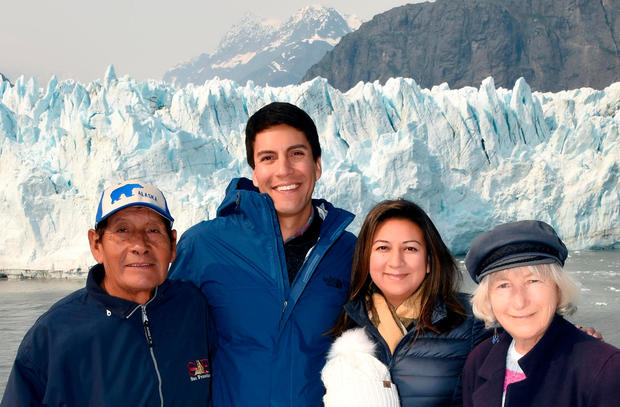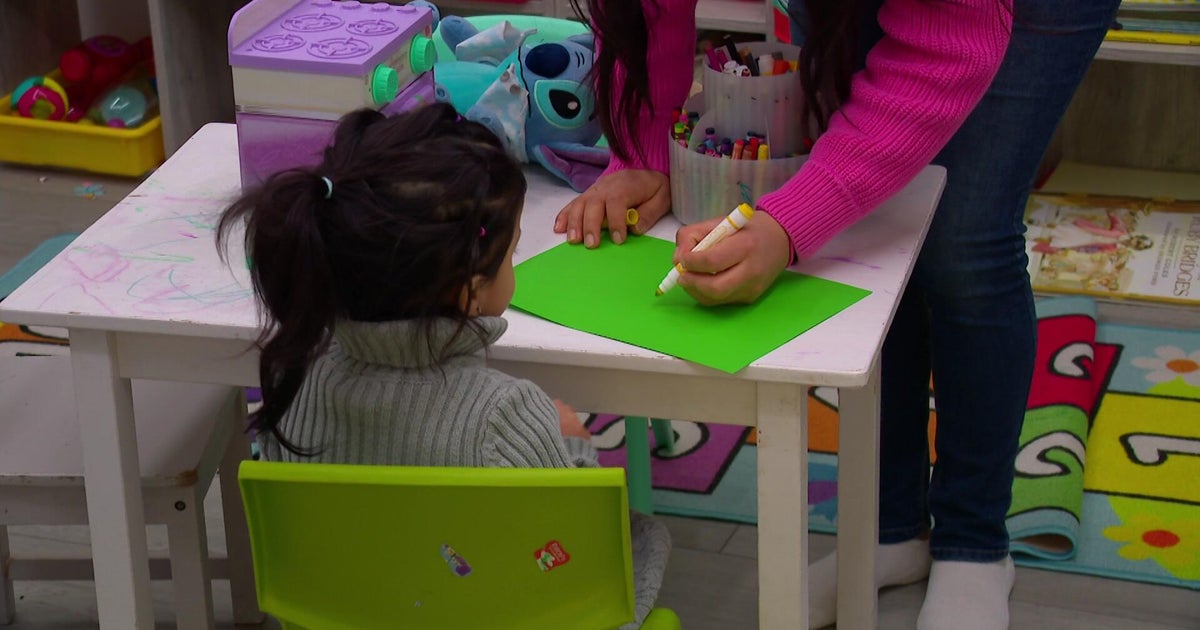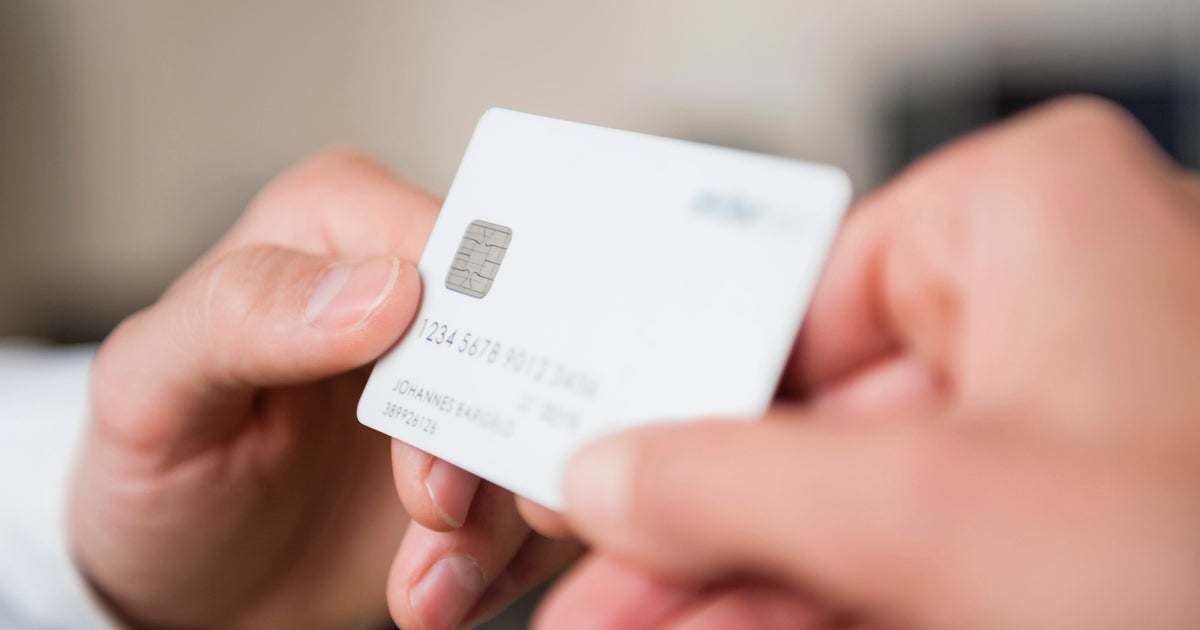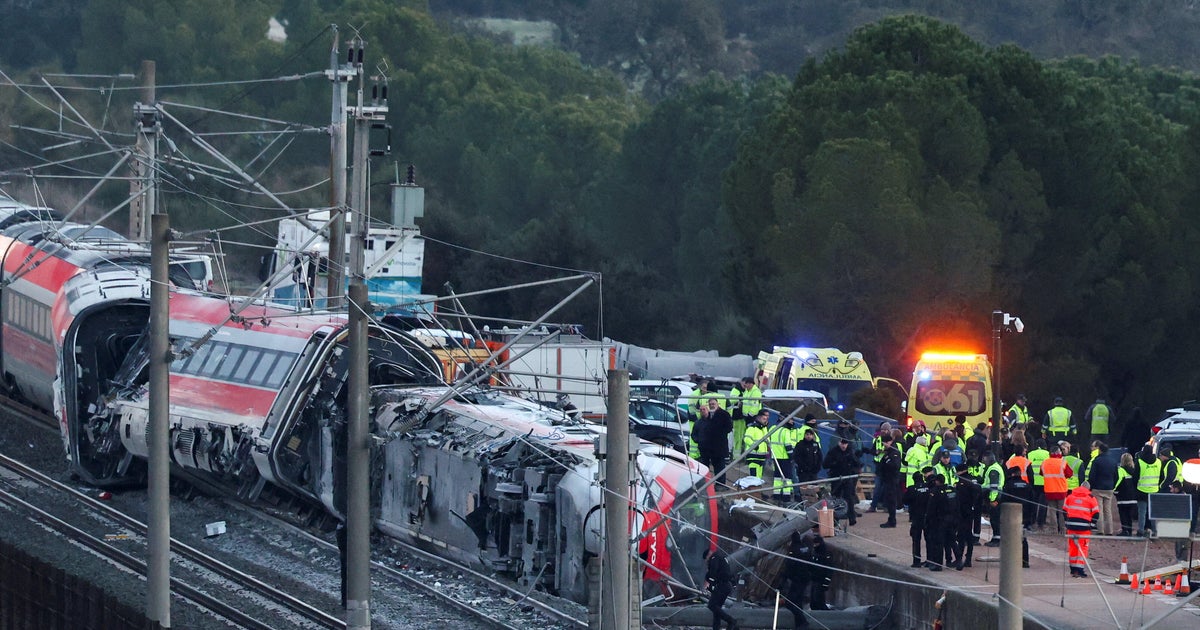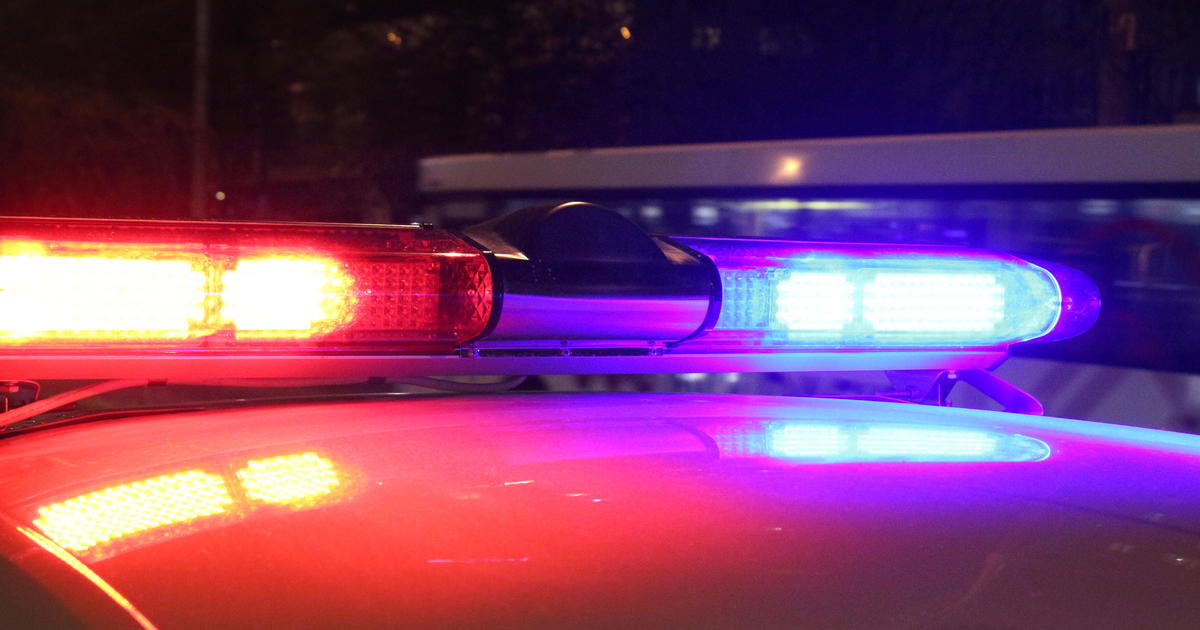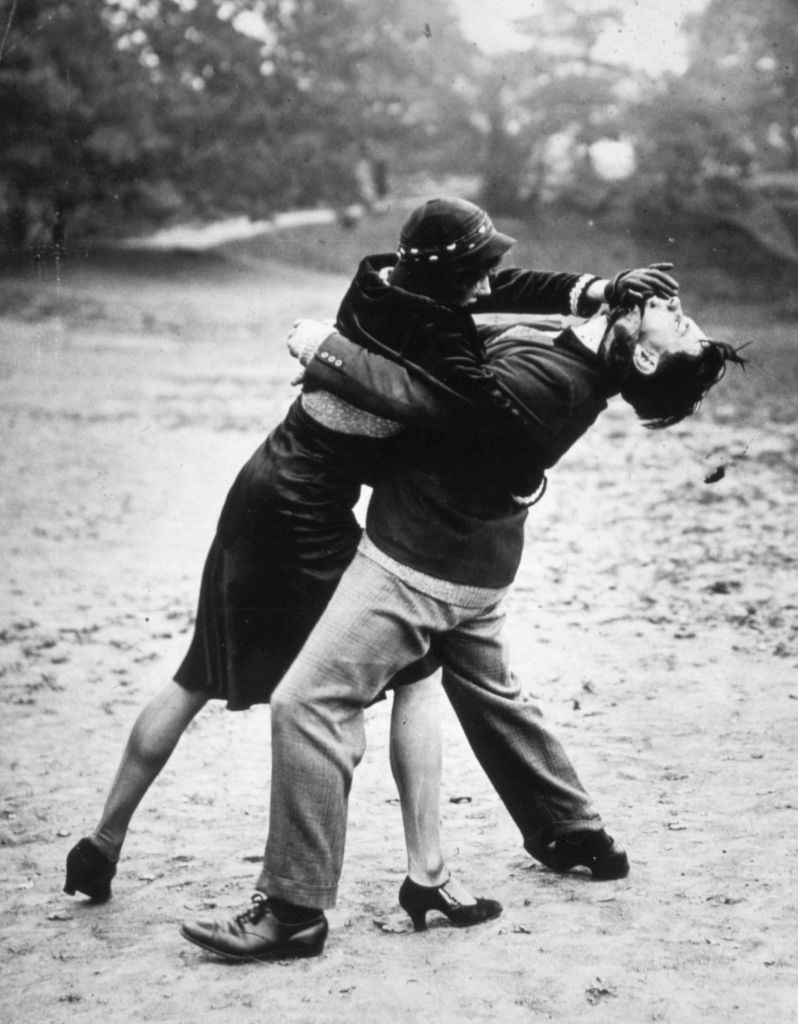Cruise lines ready to sail again — a mourning family says not so fast
As cruise operators push for government clearance to set sail from U.S. ports after more than a year of being docked by COVID-19, a California family is among those demanding the industry be held accountable for its handling of deadly outbreaks of the disease onboard ships in early 2020.
"We want it so no other families have to go through the nightmare we had to go through," said Miguel Gonzalez, whose father, Lucio, become ill days after leaving a Grand Princess cruise ship operated by Carnival Corporation on February 21, 2020.
Hours after 73-year-old Lucio disembarked in San Francisco with his wife, Margrit, another group of passengers boarded the Grand Princess for a 10-day cruise to Hawaii. As it was headed for a stop in Mexico, the Grand Princess was ordered back to California on March 4 after a man who had been on the same trip as the Gonzalezes died of COVID-19.
By the time Lucio Gonzalez tested positive for the coronavirus, the Grand Princess was in the news, stuck off the California coast with 2,400 passengers and 1,100 crew members. Blocked from the ship's home port of San Francisco, then-President Donald Trump said he preferred that passengers not disembark "because I like the numbers being where they are." The U.S. had a few hundred reported cases of COVID-19 at the time.
Lucio Gonzales spent three weeks on a ventilator before dying on March 27, 2020, in San Rafael, California. He was the first confirmed case of the then-novel virus in Marin County.
"The way that he died weighs super heavy on all of us," Miguel Gonzales said of his father, an avid hiker who took weekly treks up mountain trails with his wife. It's painful to recall his father's suffering in his final weeks, he said. "The doctor told us he went through absolute hell."
The family is now suing Princess Cruises and owner Carnival for negligence and wrongful death, one of dozens of lawsuits against the company filed by passengers and surviving relatives.
"Uniquely at risk"
"Our lawsuits are intended to make sure Carnival operates safely going forward," the family's attorney, Mark Chalos, told CBS MoneyWatch. "We're attempting to make sure Carnival puts passenger safety first, above corporate profits, which unfortunately in the past has been their guiding principle."
Citing an earlier outbreak in January 2020 on Carnival's Diamond Princess, Chalos claims that the cruise line disregarded passenger safety by continuing to sail.
"Well after Carnival and Princess became aware of the first case aboard the ship, defendants worked to 'keep the fun going' by 'encouraging [guests] to mingle'," the lawsuit alleges. To date, at least 14 passengers from that cruise died as a result of COVID-19, and cruises run by Carnival are behind more than 1,500 positive cases and nearly 40 deaths, the suit claims.
"[The] defendants did not apply their lessons from the Diamond Princess to subsequent cruises," the legal document alleges.
"The industry and Carnival knew ships were uniquely at risk, they knew [the coronavirus] was spreading and highly contagious — so by the time you get to February of 2020, there is no way this ship should have left port," Chalos said of the Grand Princess cruise taken by Lucio and Margrit Gonzalez.
From February 3, 2020, to March 13, 2020, there were roughly 200 cases of COVID-19 confirmed among returned cruise travelers from multiple ocean voyages, including the Diamond Princess and Grand Princess, according to the U.S. Centers for Disease Control and Prevention. The Diamond Princess and Grand Princess had more than 800 total COVID-19 cases, including 10 deaths, the CDC stated last year.
Both Carnival and its Princess Cruises line declined to comment on the pending litigation.
"Our response throughout this process has focused on the well-being of our guests and crew within the parameters dictated to us by the government agencies involved and the evolving medical understanding of this new illness," a spokesperson for Princess Cruises said in an emailed statement to CBS Moneywatch.
Full steam ahead?
These days, Carnival and its industry rivals are looking to resume sailing from U.S. ports to meet pent-up consumer demand for travel after the pandemic brought major cruise lines to a halt in the U.S. in March of last year.
Carnival reassured investors last week that despite burning through around $500 million a month in the first quarter, it holds $11.5 billion in cash and short-term investments, leaving it with ample "liquidity to get us back to full operations,"
While cruise lines can't currently depart from U.S. ports, ships have been setting sail from other venues. Carnival currently has two of its nine brands sailing in Europe, with others expected to restart in the United Kingdom this summer with an initial vaccine requirement for passengers.
The Cruise Lines International Association (CLIA) recently called on the CDC to lift its no-sail edict by July, with the trade group arguing that the agency's stance didn't take into account cruise ships' success in operating safely in other parts of the world and that it unfairly singles out the industry.
In the past eight months, cruise ships have resumed sailing in Europe, Asia and the South Pacific, with nearly 400,000 passengers participating in what the CLIA called "a highly controlled resumption of cruising." The group found less than 50 reported cases of the coronavirus in the public reports it tracks. Additional sailings are planned in the Mediterranean and Caribbean later this spring and summer, it noted.
Royal Caribbean CEO Richard Fain amplified the case last week, telling CBS This Morning that the cruise line had carried more than 100,000 passengers during the pandemic with only 10 coronavirus cases.
"We would like to be treated in a very similar way to the airlines and other forms of transportation," Fain said. "We want to get ourselves going everywhere — we would like to work closely with the CDC to make sure we do that in a safe and healthy way."
Cruise ships as "unique environments"
Chalos, the attorney representing the Gonzalez family and more than 100 passengers on three Carnival cruises, dismissed the idea that cruise ships are just like any other means of transportation given their past experience dealing with airborne pathogens on their ships.
"Carnival has known for decades that cruise ships create unique environments, with a lot of people in close contact at buffets, casinos and pools," the lawyer said. "You pack together thousands of people in a very small space and you're going to have problems."
The CDC recently issued new guidance on the next phase for cruise operators — including trial voyages with volunteers — but so far has not lifted its no-sail order.
Florida Governor Ron DeSantis last week announced his state had filed a lawsuit against the federal government demanding that cruise ships be allowed to sail again.
"We don't believe the federal government has the right to mothball a major industry for over a year based on very little evidence and very little data," the Republican told a news conference at the Port of Miami.
During a press briefing later that day, White House press secretary Jen Psaki declined to respond directly direct to Florida's suit, but rejected claims the CDC uses flawed data to ban sailing from domestic ports.
"I will just reiterate that the CDC guidance is based on data and health and medical guidelines, hence that's why they put it out and why they are regularly updated," she said.
For Miguel Gonzalez, losing his father has forever soured his view of cruises.
"We went for our first and only time in 2019, when my parents invited us on an Alaska cruise. It was wonderful — our last vacation together," Miquel said. "We were on the same ship that they took to Mexico the following March. Now we see it in such a different light."
